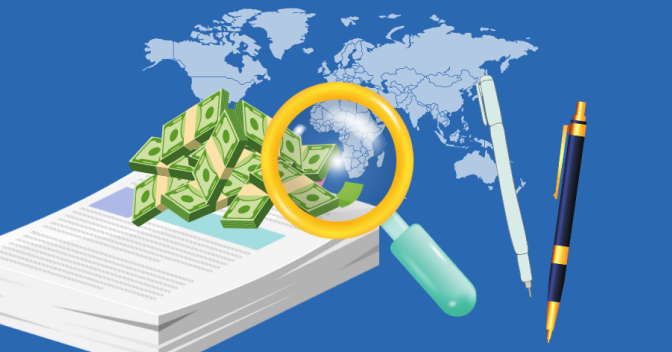Ensuring the security and legitimacy of your investments is expedient and cannot be overemphasised. A trusted broker is a broker who has been authenticated with a licence from the appropriate authorities in your region.
Before the issuance of this licence, certain criteria and regulatory standards must be met by the broker to uphold the principles of transparent transactions. This article is your compass through the process of verifying broker registration and extracting vital insights from trusted sources.
Steps To Verify Broker Regulation
In South Africa, as in many parts of the globe, regulatory authorities wield their authority to ensure the legitimacy of brokers. These regulatory bodies serve as the vigilant guardians of the forex domain, ensuring that your chosen forex app provider operates within the bounds of integrity and transparency, safeguarding your investments from the shadowy corners of the financial world.
1. Determine the Regulatory Body:
The process of verifying broker registration begins with an investigation to find out who the regulatory body is that oversees the broker in that region or country. Every South African broker should be licenced by the FSCA, or another authorised regulatory agency. The Financial Sector Conduct Authority (FSCA) is South Africa’s regulating body; the National Futures Association (NFA) is responsible for the United States; and the Financial Conduct Authority (FCA) is responsible for the United Kingdom region.
2. Review the Broker’s Website:
The next step is to visit their official web pages. On their websites, most respectable brokers proudly display their licences. This is your initial checkpoint for confirming their legitimacy:
Look for information on the broker’s licences on their official website. Typically, this information can be located under the regulations section or at the bottom of the webpage.
Also, make sure to keep track of licence numbers. Reputable brokers will list the regulatory authorities from which they are licenced, as well as their licence numbers. The regulatory numbers serve as validation references.
3. Visit the website of the Regulatory Authority:
You can now visit the regulatory authority’s official website armed with the broker’s licence numbers. You just have to access the official websites of regulatory bodies, such as the FSCA for South Africa. Explore the section where you can verify the licence status.
4. Verification of the Broker’s Registration:
This is the final phase of your verification procedure; it’s time to cross-reference the information you’ve gathered.
There are three (3) important checkpoints to confirm when you enter the broker’s name or licence number into the regulatory authority’s search engine.
- The prominence of the broker’s name: You have to confirm the visibility of the broker’s name here.
- Corresponding licence numbers: You have to cross-reference the licence number of the regulator’s platform to that of the broker’s official website.
- The state of the licence: They are usually represented as “registered,” “authorised,” or “active.”
Final thoughts
Regulatory authorities like the FSCA are here to protect your interests and maintain the integrity of financial markets in South Africa. So be diligent, follow the procedures provided here, and begin your forex trading adventure with confidence, knowing that your financial future is in capable hands.



